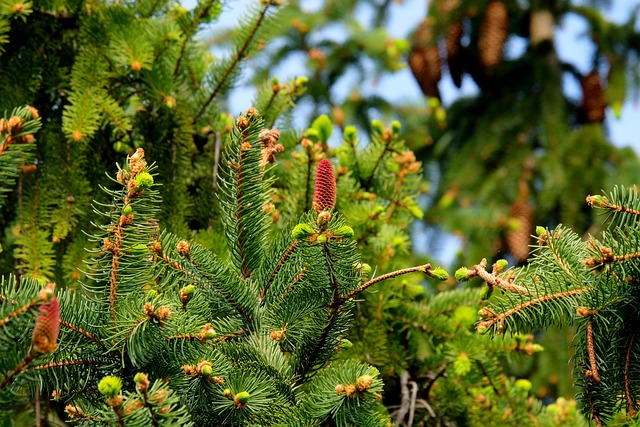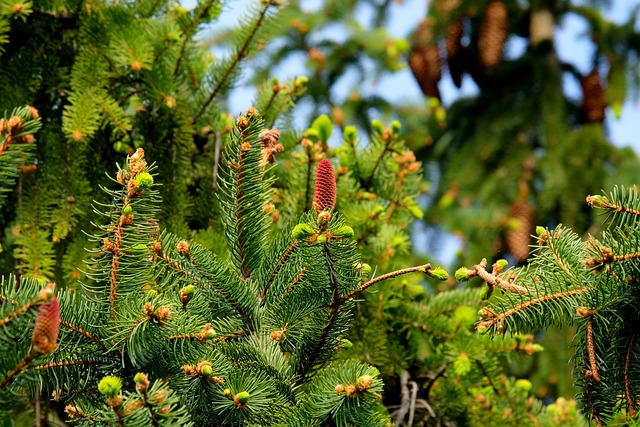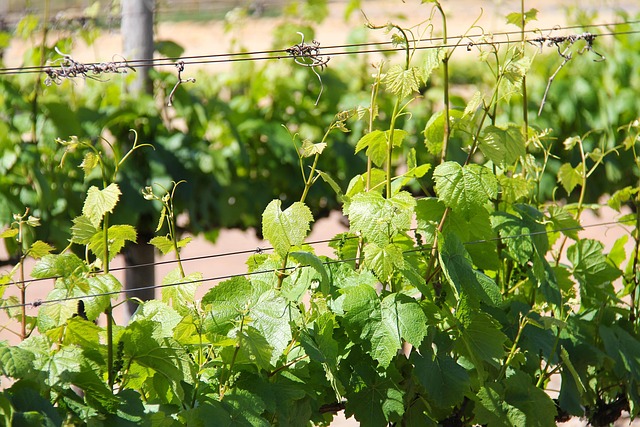As the world becomes increasingly aware of the importance of preserving our environment, the concept of sustainable forest management has emerged as a cornerstone for creating eco-friendly gardens. This practice not only roots our gardens in the principles of nature but also helps promote biodiversity and maintain the health of our planet.
Sustainable forest management is about integrating careful practices that ensure our natural resources can flourish for generations to come. Forests are vital to our ecosystems. They serve as habitats for various species, play a crucial role in carbon sequestration, and provide us with resources such as timber and medicinal plants. By applying these principles to our gardens, we can cultivate spaces that respect and mimic nature’s own systems.
When planning your garden, consider embracing native plants. These species are already adapted to your local climate and soil, requiring less water and fewer pesticides, which is beneficial for the surrounding ecosystem. By selecting plants that naturally thrive in your environment, you will foster a more resilient and self-sustaining garden.
Another essential aspect of sustainable forest management is soil health. Healthy soil is the foundation of any successful garden. Practices such as composting, mulching, and crop rotation can enhance soil fertility and structure, enabling it to retain water and nutrients better. This not only reduces the need for chemical fertilizers but also creates a thriving community for various microorganisms that support plant growth.
Incorporating trees into your garden is an excellent way to promote biodiversity and combat climate change. Trees not only provide shade, which can help reduce energy costs, but they also create a habitat for various wildlife. Consider planting a mix of native trees and shrubs to enhance the ecological balance in your garden.
Water management is another essential factor in achieving sustainable gardens. Implementing rainwater harvesting systems or utilizing drip irrigation can conserve water and ensure your plants receive the hydration they need without unnecessary waste. These strategies align perfectly with eco-friendly practices that prioritize conservation and efficiency.
Finally, practicing patience and allowing nature to take its course can enrich your gardening experience. Understand that establishing a sustainable garden is a journey. Continually observing and adapting to how your plants and the surrounding ecosystem interact will not only deepen your connection to nature but also foster a thriving, green space.
By integrating sustainable forest management principles into your gardening practices, you can create a vibrant and eco-friendly sanctuary that contributes positively to the environment. It’s more than just gardening; it’s about partnering with nature to foster life, resilience, and sustainability.




